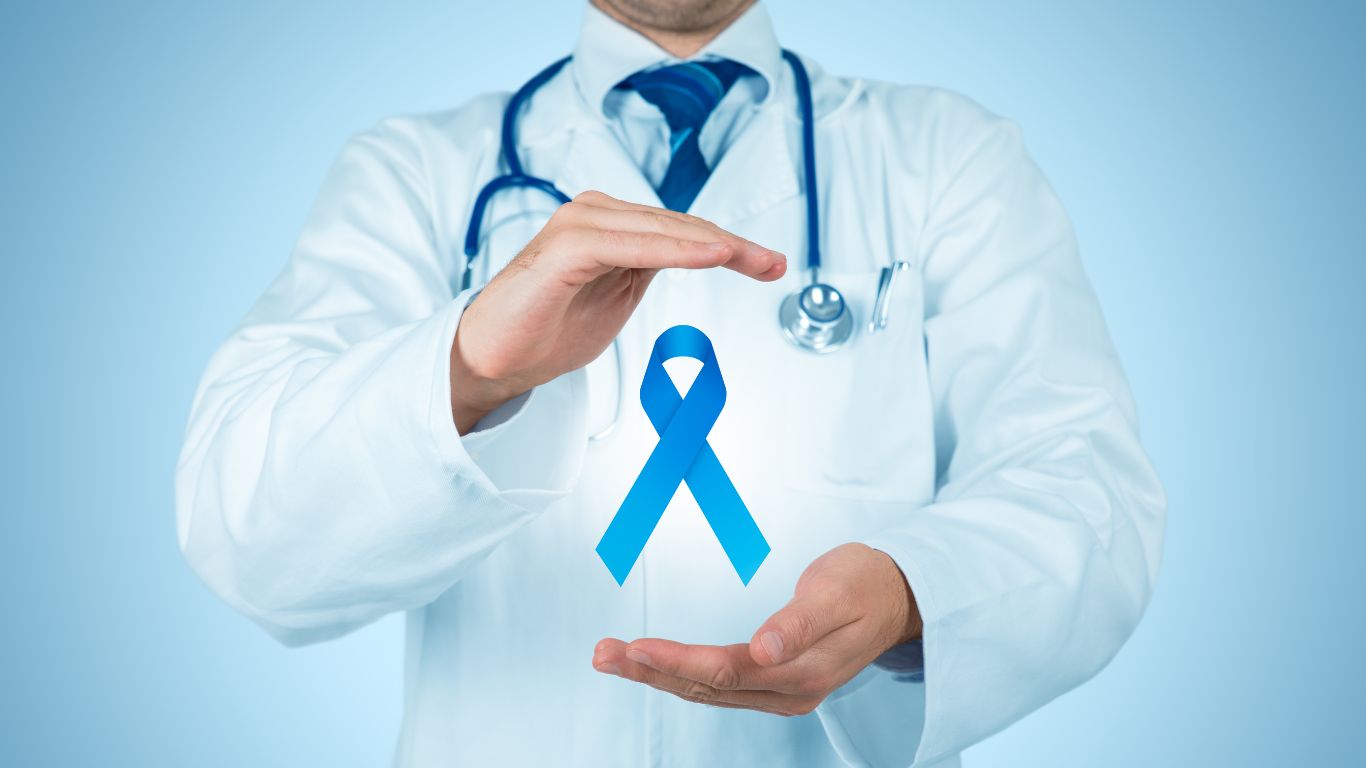A cancer diagnosis can be overwhelming, but with the right care and support, individuals can improve their quality of life during treatment and recovery. Whether you are a cancer patient, caregiver, or loved one, these essential cancer care tips can help manage symptoms, promote healing, and enhance overall well-being.
1. Follow a Healthy Diet
Eating a nutritious diet can help strengthen your immune system and improve energy levels. Focus on:
✔ Fruits and vegetables – Rich in antioxidants that help protect cells
✔ Whole grains – Provide fiber and energy for the body
✔ Lean proteins – Support muscle strength and healing
✔ Healthy fats – Found in nuts, seeds, and olive oil, which reduce inflammation
✔ Hydration – Drink plenty of water and herbal teas to stay hydrated
Avoid: Processed foods, excessive sugar, alcohol, and unhealthy fats, which can contribute to fatigue and inflammation.
2. Stay Physically Active
Gentle physical activity can help reduce fatigue, improve mood, and support overall health. Try:
✔ Walking for 20-30 minutes daily
✔ Light stretching or yoga for flexibility
✔ Breathing exercises for relaxation
✔ Consulting your doctor before starting any exercise routine
3. Manage Treatment Side Effects
Cancer treatments such as chemotherapy, radiation, and surgery can cause side effects. Here’s how to manage them:
✔ Nausea & Vomiting – Eat small, frequent meals and try ginger tea
✔ Fatigue – Get plenty of rest and prioritize energy for essential tasks
✔ Mouth Sores – Use mild mouthwash and avoid spicy or acidic foods
✔ Hair Loss – Use a gentle shampoo and consider wearing soft head coverings
✔ Skin Changes – Keep skin moisturized and protected from the sun
4. Prioritize Emotional Well-being
Cancer affects not just the body but also the mind and emotions. Manage stress and emotions by:
✔ Joining a support group – Connect with others facing similar challenges
✔ Practicing mindfulness and meditation – Helps reduce anxiety and stress
✔ Expressing emotions – Talk to a counselor, loved one, or journal your thoughts
✔ Engaging in hobbies – Activities like reading, music, or painting can be therapeutic
5. Build a Strong Support System
A strong network of family, friends, and healthcare providers can provide emotional and practical support. Don’t hesitate to:
✔ Ask for help with daily tasks like cooking or transportation
✔ Communicate openly about your feelings and needs
✔ Stay connected with loved ones for emotional strength
6. Follow Your Doctor’s Advice
Regular follow-ups and adherence to your treatment plan are crucial.
✔ Take prescribed medications as directed
✔ Attend scheduled medical check-ups
✔ Discuss any new symptoms or concerns with your doctor
7. Strengthen Your Immune System
Cancer and its treatments can weaken immunity, so take extra precautions:
✔ Wash hands frequently to prevent infections
✔ Avoid close contact with sick individuals
✔ Get recommended vaccines after consulting your doctor
8. Focus on Quality Sleep
Good sleep helps the body heal and recover. Improve sleep by:
✔ Maintaining a consistent bedtime routine
✔ Creating a comfortable, dark, and quiet sleeping environment
✔ Avoiding caffeine or heavy meals before bedtime
9. Stay Positive and Hopeful
A positive mindset can help in coping with cancer. Focus on:
✔ Celebrating small victories in your recovery journey
✔ Surrounding yourself with positivity and motivation
✔ Finding joy in daily moments, no matter how small
10. Seek Professional Guidance When Needed
If you are struggling physically or emotionally, don’t hesitate to seek help from:
✔ Oncologists for medical guidance
✔ Nutritionists for a proper diet plan
✔ Counselors or therapists for mental health support
Final Thoughts
Cancer care requires a combination of medical treatment, self-care, and emotional support. By following these essential tips, patients can improve their quality of life and enhance their strength throughout their cancer journey. Remember, you are not alone—support is available to help you through every step.








